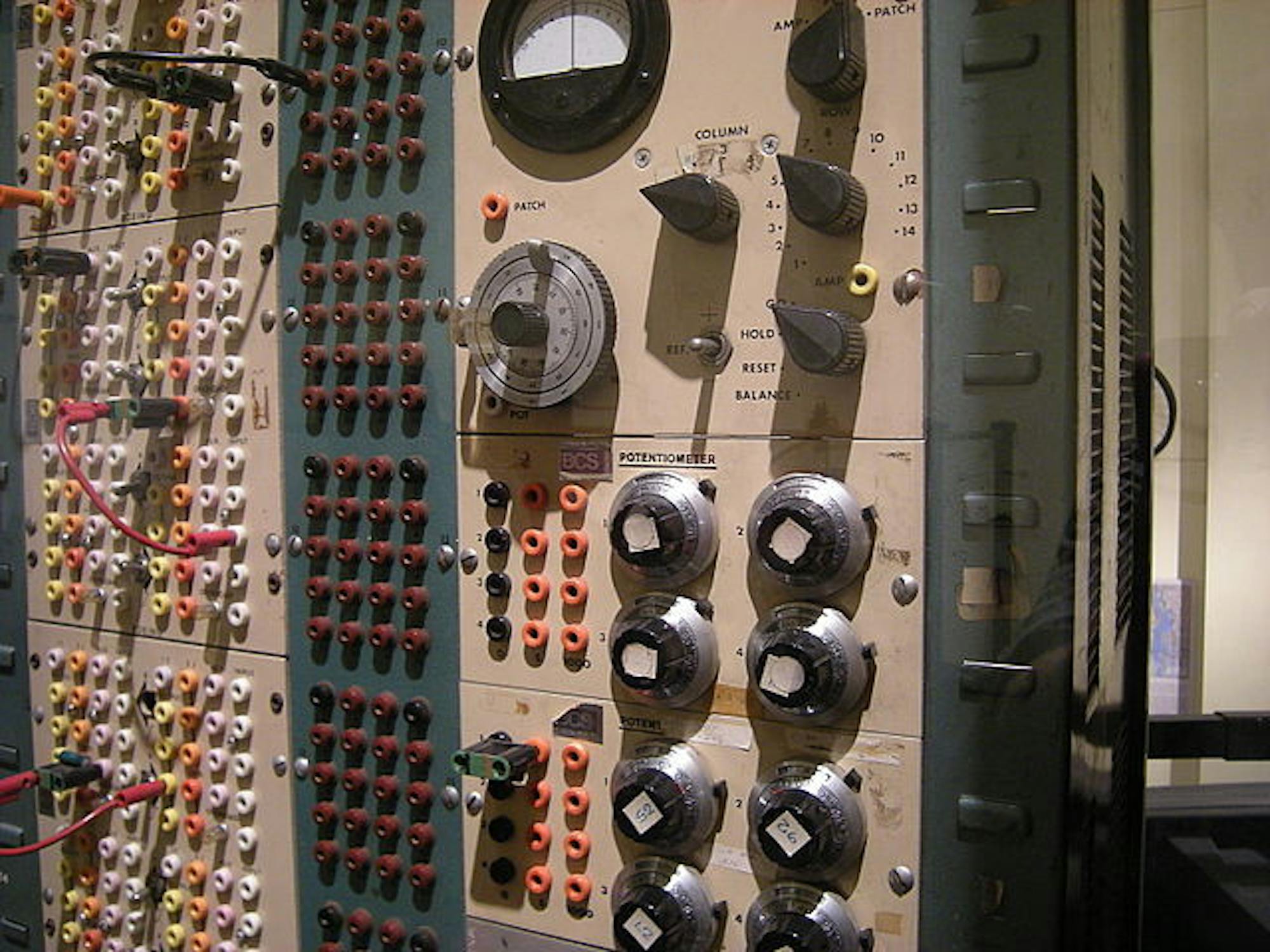While digital computers have become entrenched in our daily lives, a new analog quantum computer offers a stark contrast in both its design and capabilities. A team of physicists from Stanford University and University College Dublin created the “Quantum Simulator platform,” making it possible to solve previously unsolvable problems. This new analog computer represents a breakthrough in how scientists understand superconductivity and its merits.
The physics world is, unfortunately, full of jargon. So, what does analog computing mean and what is its relationship to our own digital computers? Analog computers precede the digital computer, having been used since the 19th century. Rather than taking in discrete values, like zeros or ones, analog computers use data that is continuous in nature. Think, for example, of temperature, voltage, speed and weight as forms of continuous data. When making computations, analog computers are thus immune to rounding errors. Our digital computers — which do round — have natural computation errors and do not possess the calculative capacity that analog computers do.
What makes this new analog computer special is its quantum properties. Unlike digital computers, which operate through binary numbers, quantum computers work through “superpositions.” This means that quantum computers can read something in ones, zeroes or both values at the same time. By combining the quantum computer with the analog computer, the new analog quantum computer can create accurate quantum simulations previously unknown to scientists. Scientists have already used this new Quantum Simulator platform to create a new state of matter in which elections possess a small portion of their typical charge.
Andrew Daley, a professor at the University of Strathclyde’s physics department, explained that analog quantum computing allows scientists to understand physics on a much smaller scale.
“Where aerodynamics often uses a smaller scale model to understand something big, analog quantum simulators often take a larger scale model to understand something even smaller,” Daley said.
The use of analog quantum computing as a tool for understanding the behavior of complex systems at different scales is a promising avenue for physicists and scientists, offering new opportunities for unraveling the mysteries of the universe.






